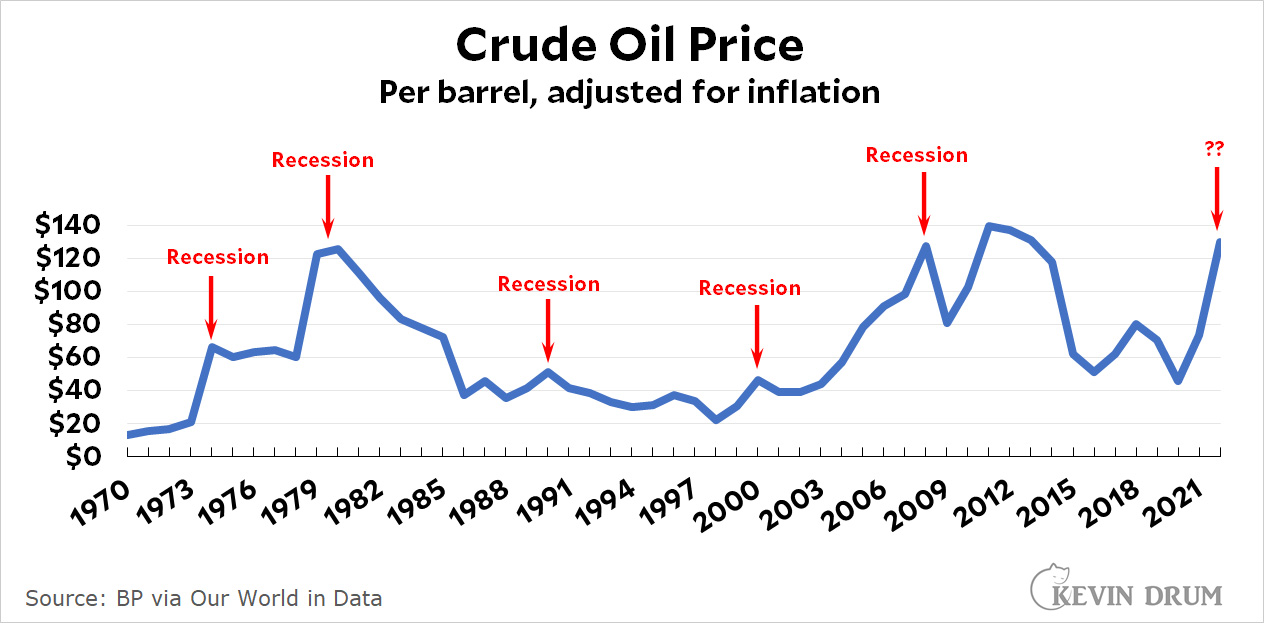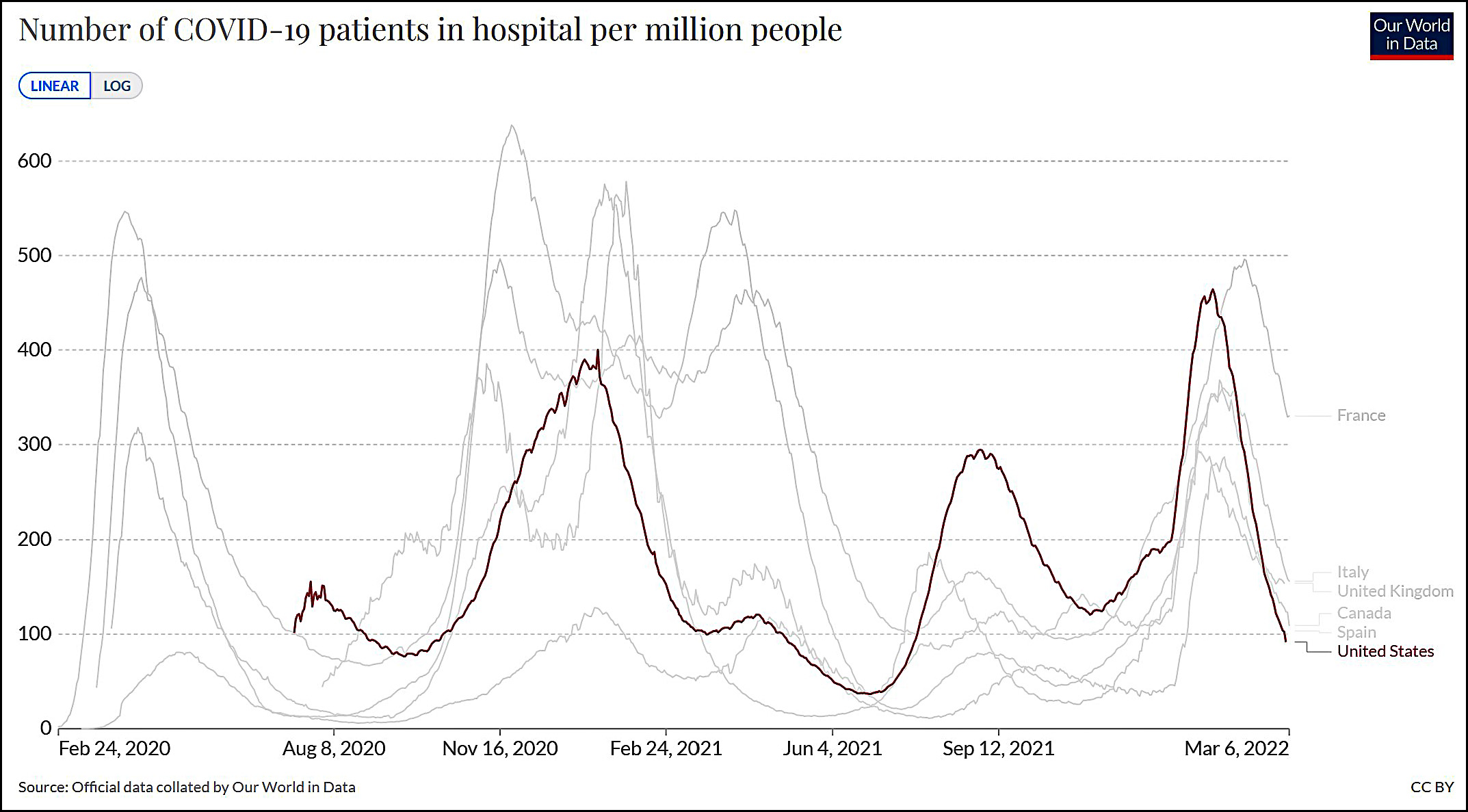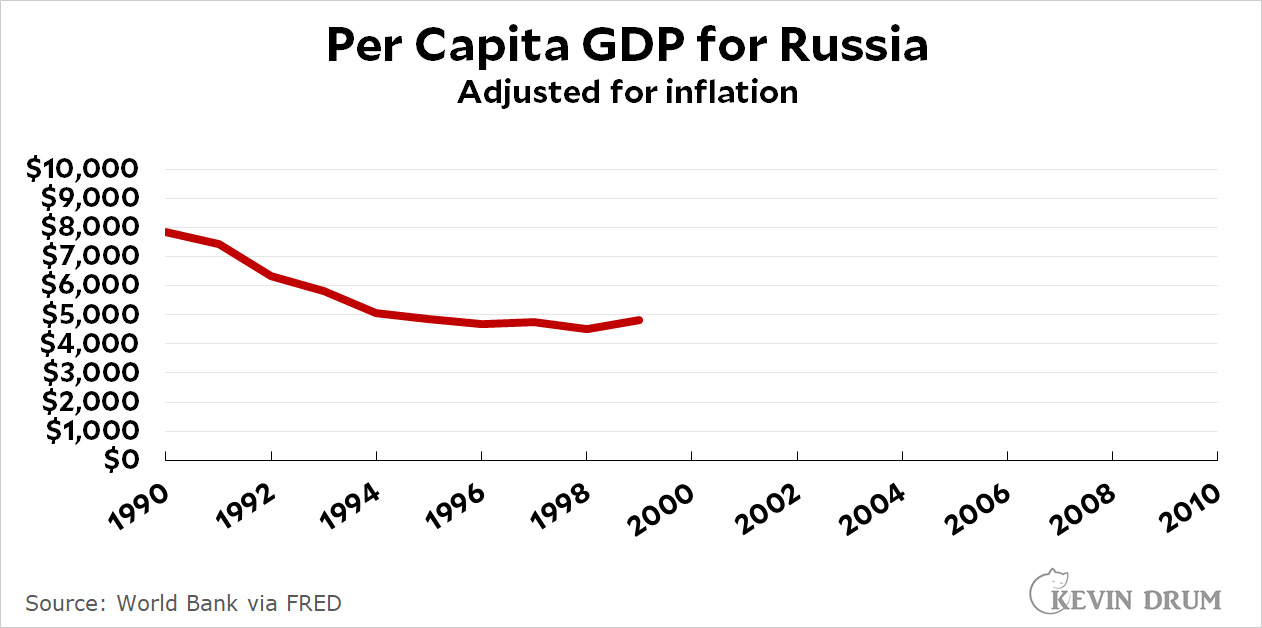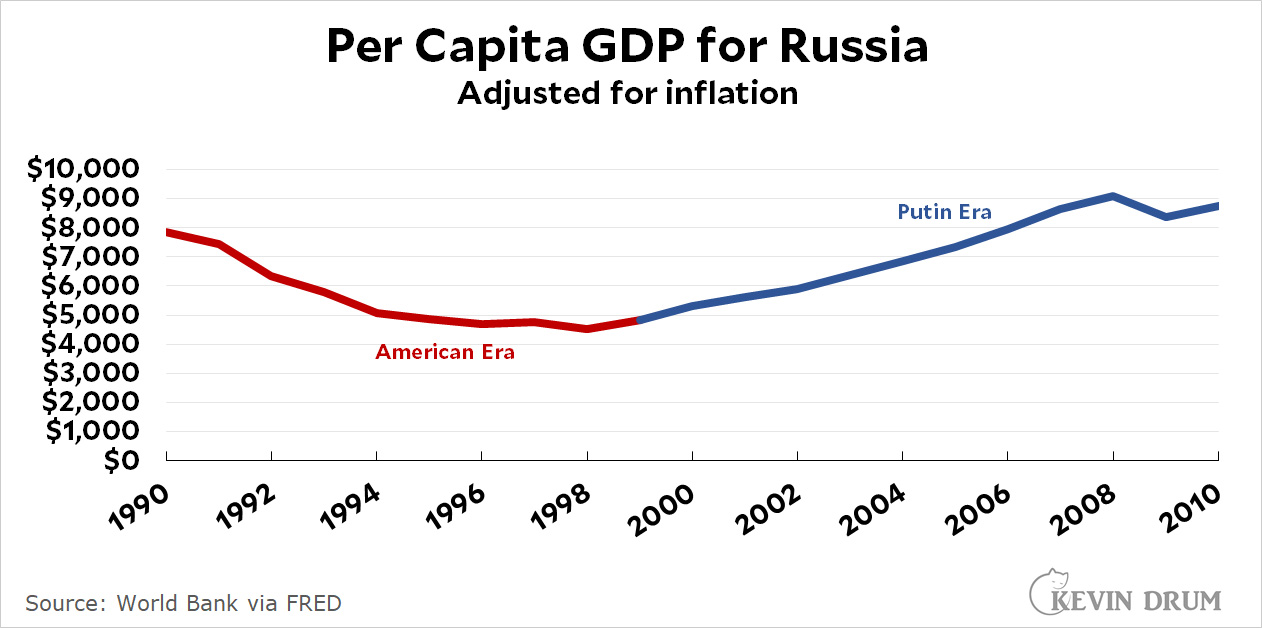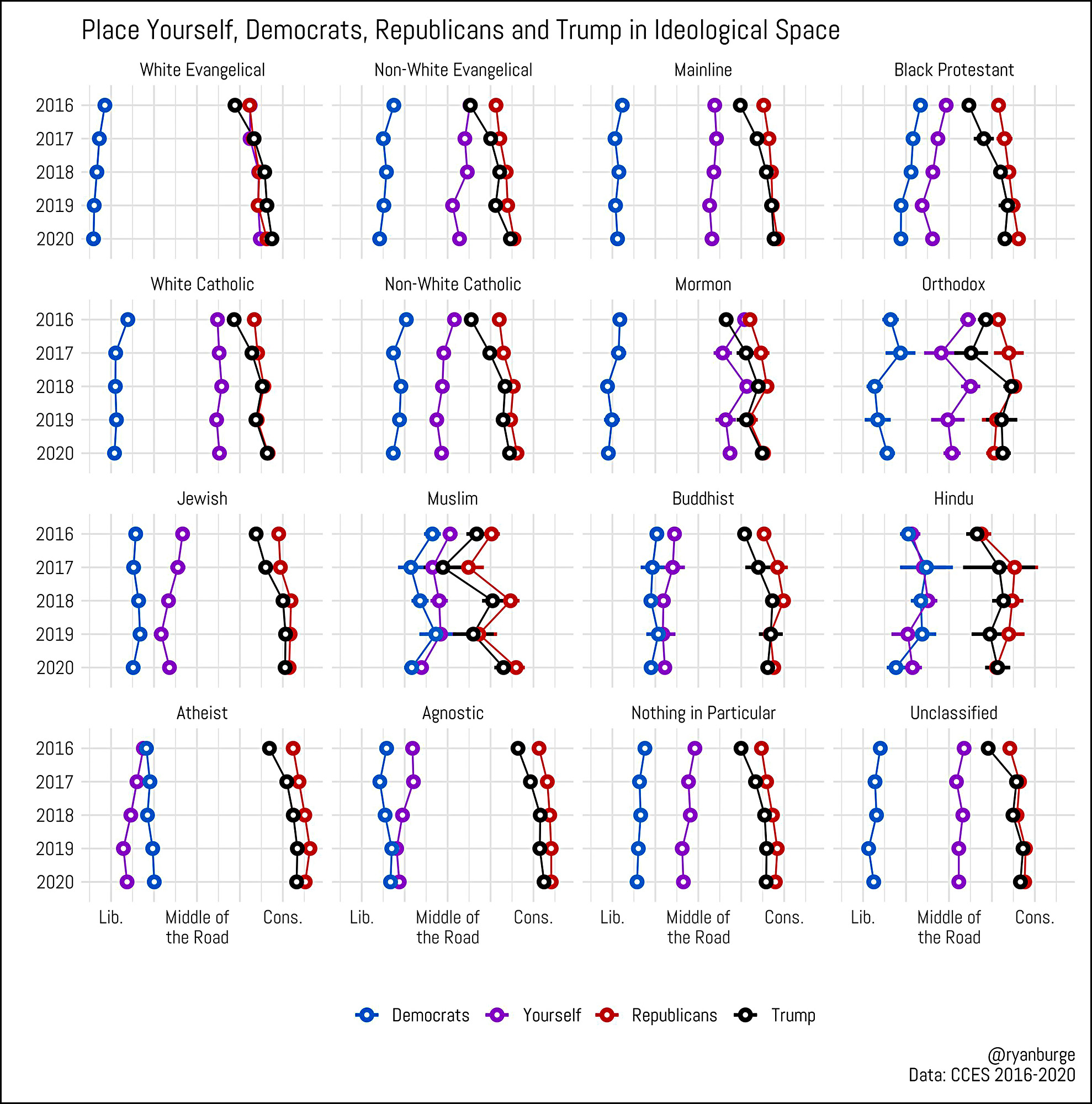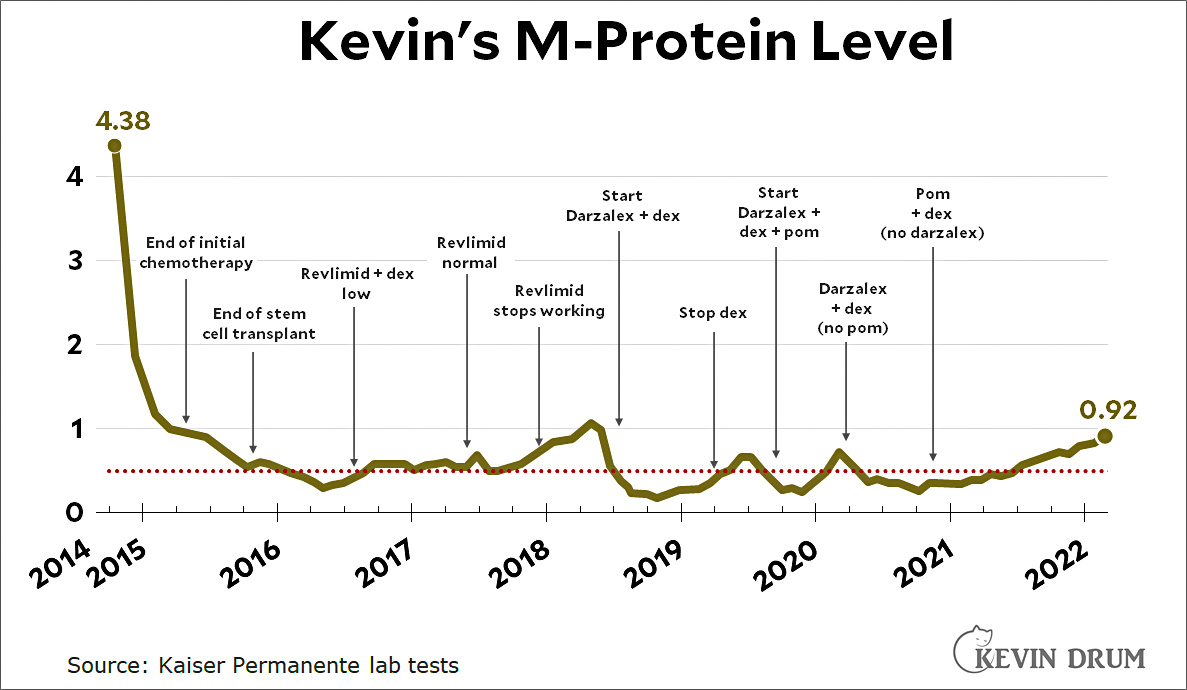Axios is a news site founded by the founder of Politico, and it's famous for presenting the news in a short, bullet-pointed, and easily mockable format. However, I know all about that, so I wasn't very interested in today's New York Times feature about Axios. But I read it anyway, and I'm glad I did. It turns out that there are a lot of people who wish they could write more like Axios, and now there's software that does just that:
Axios HQ, which promises to teach corporate America how to trim the jargon, is separate from the newsroom. Companies pay about $10,000 for an annual contract and use the software to write team updates and sales notes, Mr. Zaslav said.
The software uses artificial intelligence to suggest editing and formatting to distill blocks of texts into shorter bullet points. Axios HQ also has analytics that show the clients whether employees opened the messages.
A year after its start, Axios HQ has 210 clients, from major companies like Delta Air Lines to state school systems to small start-ups, Mr. Zaslav said. He said it was aiming for 600 clients by the end of this year. The company has about 60 people working exclusively on Axios HQ.
Shazam! Software that teaches people to write more like a PowerPoint deck! I'm so old I can remember when PowerPoint-ese was considered the gravest degradation of the English language since garbage collectors became sanitation engineers.
But it makes sense. In the past few decades we've gone from magazines to blogs to Facebook posts to Twitter tweets. And all along, the technology behind this change has been driven by Silicon Valley true believers who pretend to hate PowerPoint decks but in fact can barely live without them. So why not just admit defeat and adopt the PowerPoint esthetic for all human communication?
POSTSCRIPT: Just as an aside, it's worth noting that this is hardly a brand new phenomenon. We've been told forever to "keep memos to a single page." Reader's Digest made a fortune by abridging famous novels. Every college student loves Cliffs Notes. Even the sainted Elements of Style is mostly advice about how to write shorter, punchier, prose.
Still. PowerPoint? Seriously?



